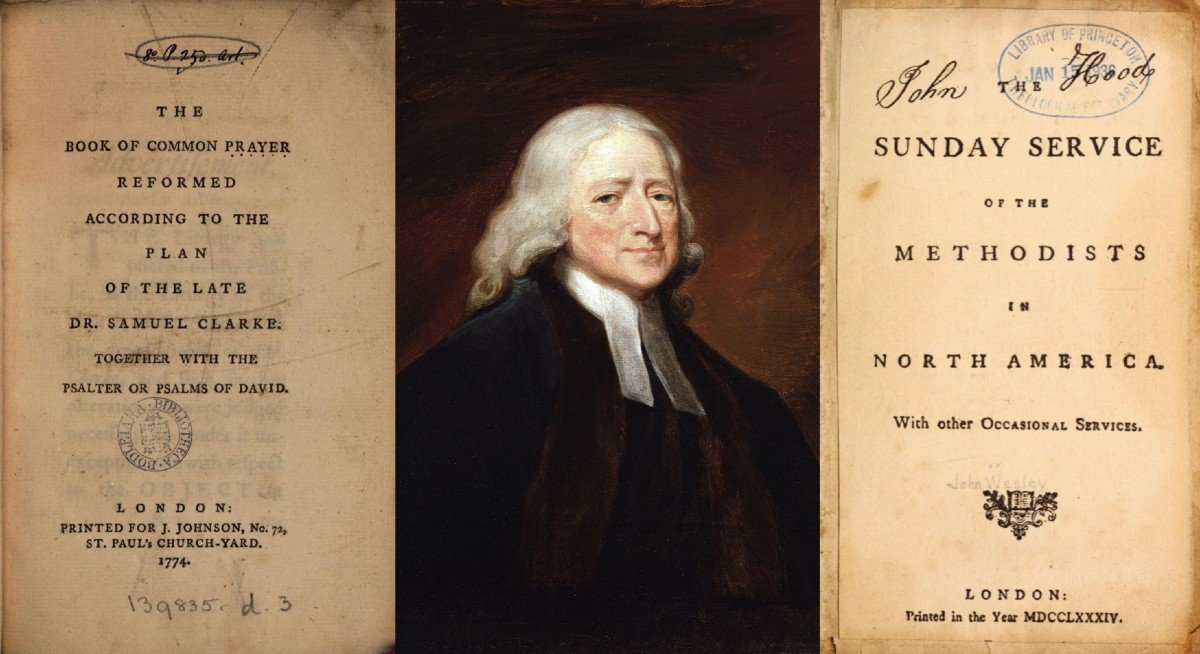What the UMC Really Just Did
This past week, the United Methodist Church (UMC) during its first general conference meeting since 2019 voted to end its longstanding ban on the ordination of “self-avowed practicing homosexuals.” Delegates also voted to prevent clergy and UMC churches from being punished for holding same-sex weddings.
The 93% approval by the delegates was not surprising considering the earlier departure of more than 7,000 conservative churches over the issue, most joining the newly formed Global Methodist Church.
The vote is making headlines. But it’s not the real news. What the UMC actually did is simply ensure its continuing numerical decline and eventual demise.
Yes, there are some who feel that capitulating to culture will enhance the church’s growth. After all, they might say one of the reasons people reject the church is because of its stance on all things LGBTQ. The UMC has solved that, so now will it begin to grow? “I would love to believe that by changing this restrictive legislation, thousands of LGBTQ people will say, ‘Let’s be Methodist now,’” says William Willimon. “That ain’t gonna happen.”
He’s right. It ain’t.
And for two reasons.
First, capitulating to culture does not enhance a church’s growth. Many years ago, sociologist Dean Kelley wrote a book titled, Why Conservative Churches Are Growing. He noted that, beginning in the mid-’60s, mainline churches that had become more liberal in their theology simultaneously began to decline, while conservative churches who remained countercultural in their theological moorings (translation, true to historic, biblical Christian orthodoxy) were growing.
Why? Kelley’s conclusion was that conservative churches tackled the questions of the day with robust answers rooted in transcendent truth. They did not try to give culture what culture already believed, but instead engaged culture with what the Christian faith believed—countercultural though that may be. Further, they did not flinch from challenging people to deeper levels of personal commitment to that faith.
Though Kelley’s book came out in 1972, the findings haven’t changed, and his conclusions have stood the test of time. Mainline liberal churches continue to decline, conservative churches flesh out the majority of all churches that are growing, and the reasons remain clear: conservative churches are countercultural in nature due to their embrace of transcendent truth, and they call people to a commitment to that truth. It brings to mind something I recall reading by the late Catholic contemplative Thomas Merton where he warned against watering down the Christian faith to such a degree that we have nothing to offer the world that it does not already have.
That is what the UMC has now done.
But there is a second reason this will not result in growth for the UMC. The real barrier to growth was not the church’s earlier stand on all things LGBTQ, but rather our culture’s current stand on all things Jesus. The latest research from the Public Religion Research Institute (PRRI) has found that 26% of Americans now identify as religiously unaffiliated, and of those, the number one reason people gave for leaving a faith tradition was not its stance on gay marriage, but simply because they stopped believing in that religion’s teachings.
As I wrote in a recent blog on the PRRI research, it’s not primarily a cultural rejection (as in rejecting traditional, historic Christian orthodoxy on such matters as all things LGBTQ). It’s not simply a yawning disinterest. Today’s religiously unaffiliated are increasingly rejecting the message itself. They are, in short, card-carrying unbelievers. Which means that the real barrier to overcome is the church’s resistance to, or abandonment of, evangelism.
So in capitulating to culture, the UMC has not saved it’s future, but instead ensured its lack of one. What it should have done is remained true to historic Christian orthodoxy and returned to its founder’s emphasis on evangelism. After all, John Wesley was one of the greatest evangelists our world has ever seen and the most prominent spokesman for England’s great spiritual awakening.
The American colonial counterpart to the Methodist revival in the British Isles has become known as the Great Awakening. This event was chronicled and led by one of America’s most brilliant minds, Jonathan Edwards, but soon spread beyond the confines of his parish ministry. Appearing first in the 1720s as a series of regional awakenings under the preaching ministry of George Whitefield (a friend of John Wesley), these regional revivals coalesced into a Great Awakening that arguably lasted until the American Revolution.
I wonder if this week’s gathering of UMC delegates even mentioned Wesley’s name.
James Emery White
Sources
Victoria Albert, “United Methodist Church Votes to End Ban on Ordaining Gay Clergy,” The Wall Street Journal, May 1, 2024, read online.
Dean Kelley, Why Conservative Churches are Growing.
“Religious Change in America,” PRRI, March 27, 2024, read online.

